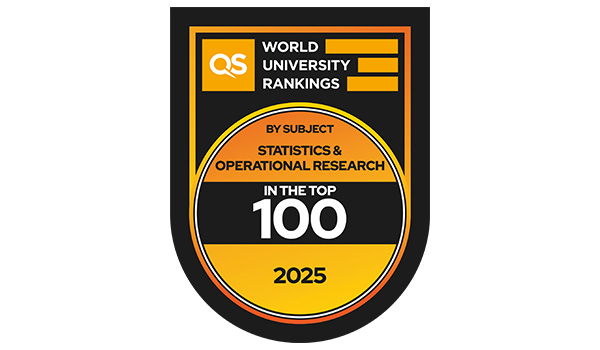This module builds on the skills acquired in the earlier optimisation and simulation module. It will cover more advanced optimisation and simulation techniques and their application in more complex problems. The aim is to further enhance the decision-making toolkits of a business analyst for real-world applications.
The optimisation part will introduce new methods for different types of problem, while the simulation section will expand upon existing knowledge to allow more insightful analysis from simulation models.
The following topics will be covered:
- multi-objective optimisation
- goal programming
- sequential decision making
- In-depth exploration of simulation modelling
- advanced analysis of simulation models.
You will work in a scientific programming language, such as Python, developing the programming skills necessary for implementing optimisation and simulation models and conducting analysis.
This capstone module builds on key principles of project management and is an opportunity for you to apply the knowledge you have gained from previous modules. You will apply concepts from business analytics, operations management, and information systems to tackle real-world business challenges within an analytical project.??
Working in teams, you will develop and implement a project management plan with guidance from your supervisors. You will deliver a group presentation and receive formative and summative feedback, as well as submit a group report. The module enhances your collaboration, communication, and presentation skills by encouraging you to convey complex ideas clearly and professionally.
Additionally, you will strengthen your critical thinking skills through an individual reflective writing activity, where you will evaluate your experience working on the project.
By the end of the module, you will have gained practical experience in managing and delivering projects while further developing your analytical, problem-solving, and teamwork skills to prepare for future career success.
This experiential learning simulation focuses on a negotiation scenario designed to enhance your professional skills. Based on the Crossbay Contracting Game created by Adam Hindle, three health service organisations are involved in a contract negotiation, and you will act as part of the management team for one of these organisations. The main aim is to reach an agreement that is satisfactory to all three parties.




.png)








